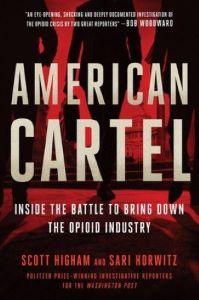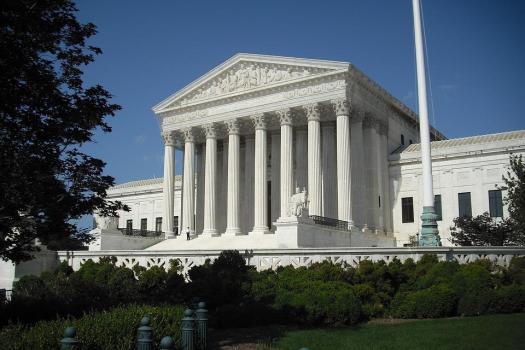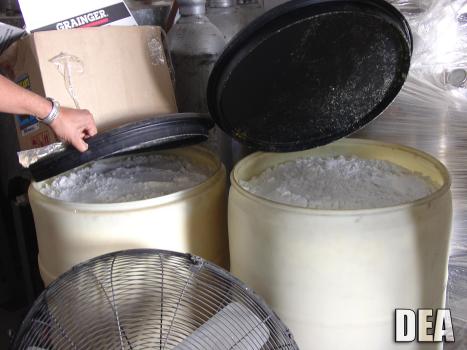Bipartisan Senate Bill Takes Aim at Shein and Temu -- and Fentanyl, Too [FEATURE]
A billion "low-value" packages skate past Customs each year. Some contain cheap clothing from China; others contain fentanyl, and a new Senate bill aims to do something about both. But will it actually help?








